
Latin America: Week in Review
Will the Ladies in White Protests Affect Cuba’s Foreign Relations?
March 19, 2010 By Staff
Today in Latin America
Top Story — Cuba’s “Ladies in White,” a group of female relatives of dissidents imprisoned in 2003, protested for a fourth day in Havana on Thursday.
The protesters were taunted by supporters of the Castro government, who called them “gusanos,” Spanish for “worms,” a derisive epithet that refers to anti-revolutionary exiles. The taunting degenerated into scuffles on Wednesday, but no physical altercations occurred on Thursday.
The Cuban government disputes the legitimacy of the Ladies in White, saying they are counter-revolutionary mercenaries paid by Washington.
The continuing tension between the Cuban government and the political dissidents may strain the country’s international relations.
The European Union recently condemned the death of dissident Orlando Tamayo from a hunger strike as “avoidable.” Mexico’s Congress may follow suit, according to a recent report from The Miami Herald.
The dissidents’ activities will no doubt continue to hamper U.S.-Cuban relations as well. Despite expectations that President Obama would open U.S.-Cuba relations upon taking office, relations have advanced little, partly because U.S. officials under Obama have continued the tradition of meeting with political dissidents. The Cuban government views such meetings as a form of intervention.
South and Central American governments, however, have remained largely silent, with the prominent exception of the incoming Piñera administration in Chile. Brazilian President Lula da Silva, who was in Cuba when Tamayo died, later said “We have to respect the decisions of the Cuban legal system and the government to arrest people on the laws of Cuba, like I want them to respect Brazil.”
Just Published at the Latin America News Dispatch
- Mobilizing for Comprehensive Immigration Reform in 2010; An Interview with Karina Claudio.
- Claudia Llosa’s “The Milk of Sorrow” Takes Peru to the Oscars (Film Review).
North America
- American law enforcement agents raided the Barrio Azteca gang in El Paso on Thursday. Barrio Azteca reportedly has ties to the Juárez Cartel and is being investigated for involvement in last weekend’s U.S. consulate-related shootings.
- The White House announced Thursday that President Obama will host a state dinner for Mexican President Felipe Calderón on May 19.
-
On Thursday, Mexico’s state-run oil company Pemex announced the discovery of deposits off the southern Gulf coast that could provide up to 2 billion barrels of oil.
- Civil society organizations demand more transparency and accountability from the Inter-American Development Bank (IDB), whose governors will meet in Cancún today.
Caribbean
- A protest by Cuba’s “Ladies in White,” who have been staging protests against the jailing of 75 dissidents in 2003, was ended by government authorities today. The Castro government says the dissidents are paid by Washington.
- U.S. citizen Luis Armando Peña Solten plead guilty to kidnapping and aircraft piracy for hijacking a plane and taking it to Cuba in 1968. Peña had lived in Cuba since hijacking the plane, but returned to New York in October, where he turned himself in.
- International donors announced plans to provide $3.8 billion over the next year and a half to Haiti to help reconstruct the country following the Jan. 12 earthquake.
Central America
- Guatemalan judges approved the extradition of former Guatemalan President Alfonso Portillo to the U.S. on Wednesday to face corruption charges. Portillo allegedly used American banks and fincancial institutions to launder money.
- Costa Rican President-elect Laura Chinchilla announced that women will be in charge of “80% of national production” in her new cabinet. Chinchilla named women to head the ministries of economy, foreign trade, and agriculture.
- El Salvador’s Anglican Episcopal Church denounced the attempted assassination Wednesday of Bishop Martín Barahona and two men accompanying him.
- Honduran civil society is rapidly politicizing in the wake of last year’s coup.
Andes
- The Global Post examines the massacre of the peace community of San José Apartado, Colombia, in a two-part series.
- This week’s New Yorker asks if lithium-rich Bolivia can become the Saudi Arabia of the electric car era.
- The mayor of Caracas’ El Libertador district, Jorge Rodríguez, announced the takeover of two local trash collection companies.
Southern Cone
- A Uruguayan government official announced the Mujica administration’s intention to codify torture as a crime, either by modifying the nation’s penal code or by introducing new legislation. (Spanish)
- A German freelance journalist living in Buenos Aires sued the German government for access to over 4,500 pages of files on Nazi war criminal Adolf Eichmann to discover how he escaped to Argentina after World War II.
- A Rio de Janeiro prosecutor ordered Brazilian police to question Flamengo football star Adriano about his potential link to drug gangs after a newspaper alleged that he accepted money from a “known drug trafficker” to buy two motorcycles.
- An American seismologist predicted that there is a one-in-three chance that Chile will experience a 7.0-magnitude in the next year during a speech at the U.S. Embassy in Santiago.
Image: Globovisión @ flickr.
Subscribe to Today in Latin America by Email
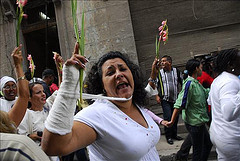
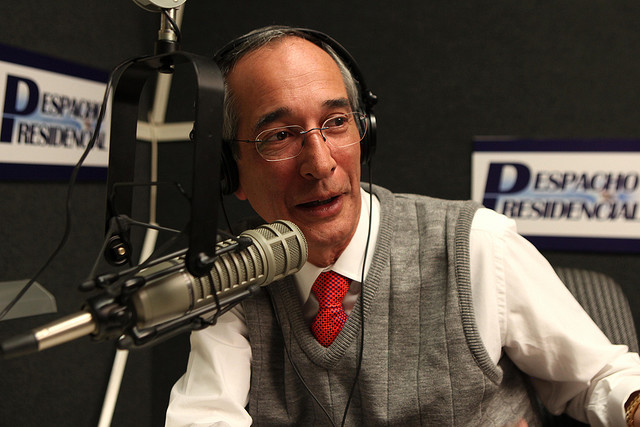
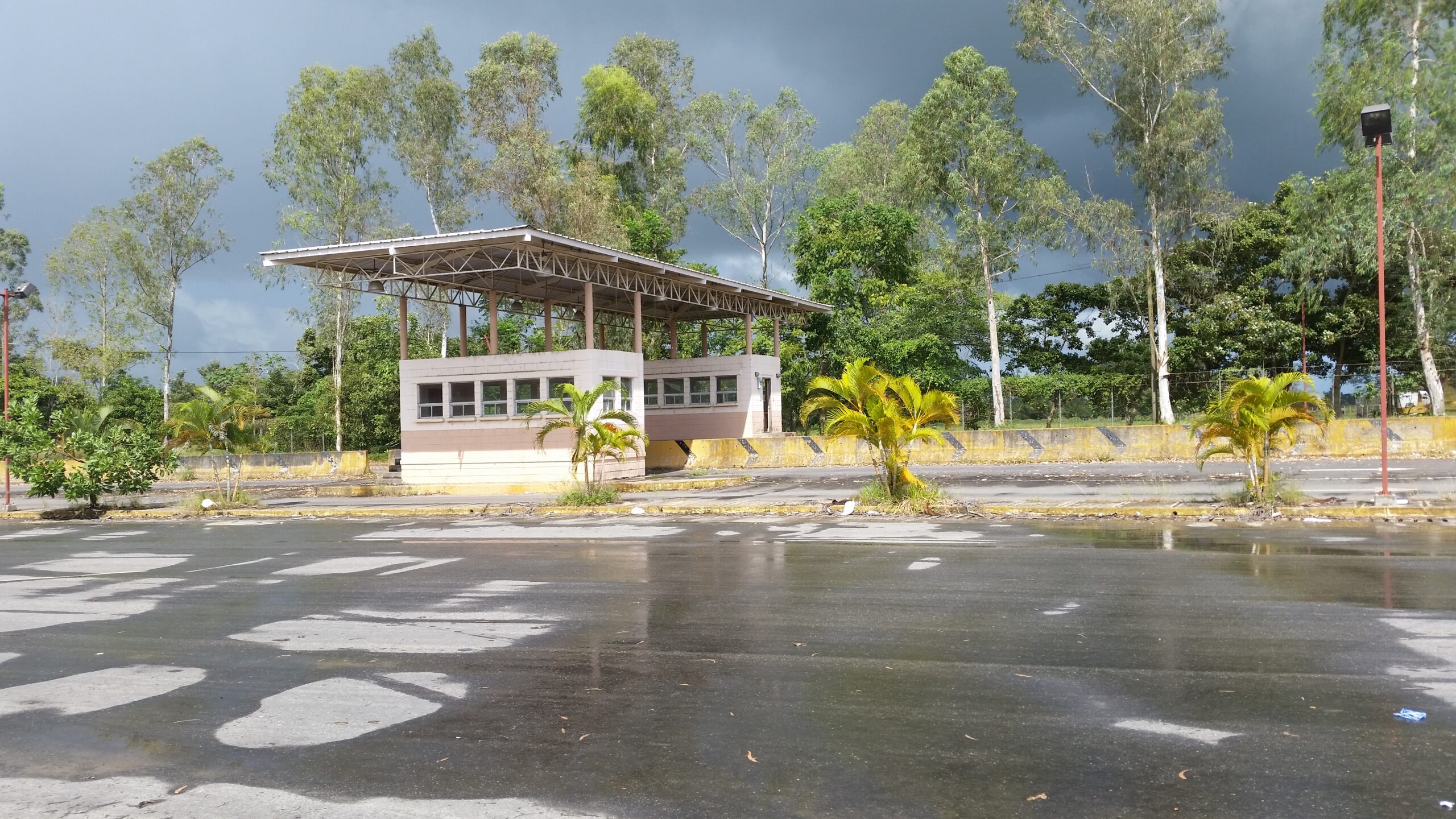
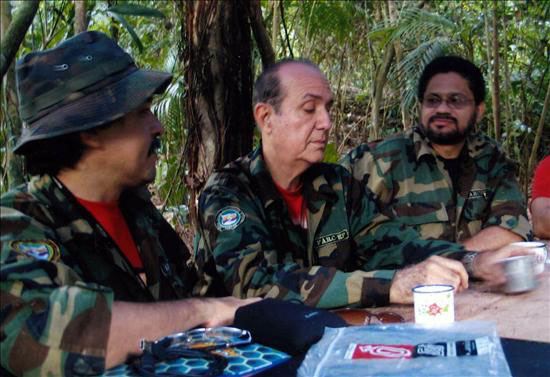
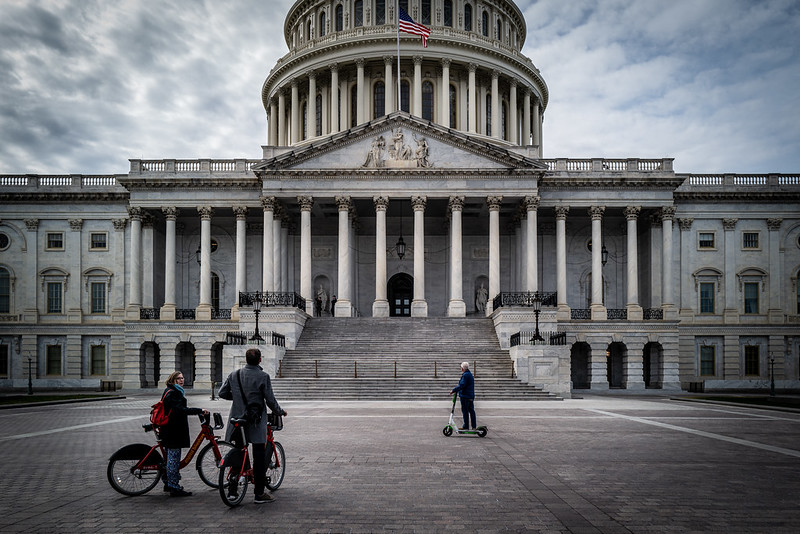
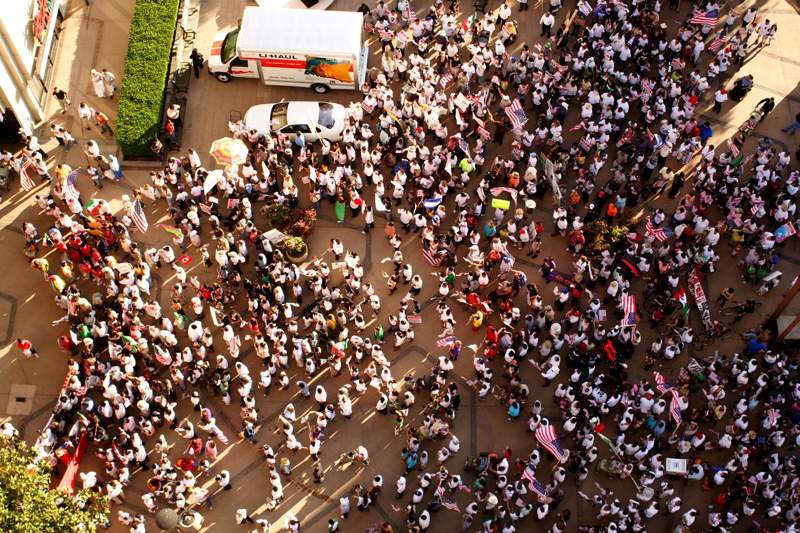
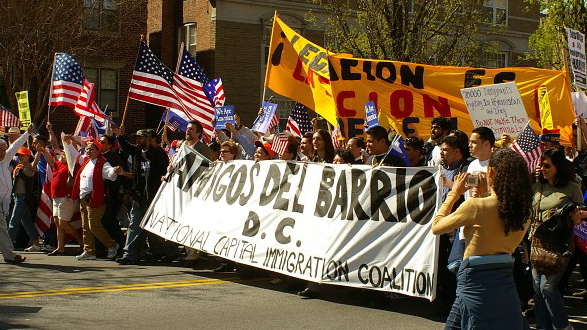
1 Comment
[…] More>>> […]
Comments are closed.